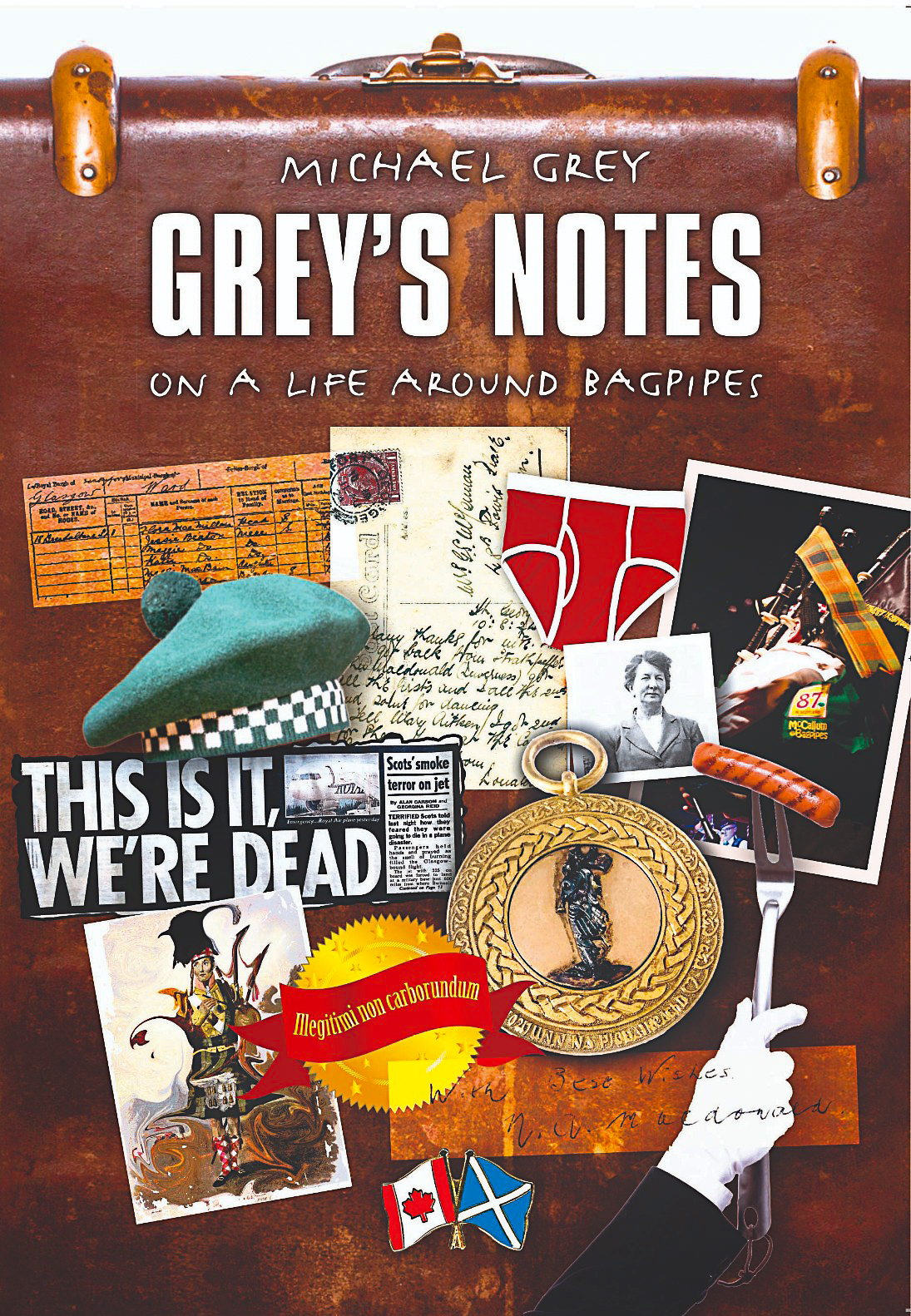Allemande Left (Nod to the Judge)
March 7, 2010 on 9:18 am by Michael Grey | In Solo Piping, Tips | 5 CommentsLast night’s final of the Toronto Branch of the Pipers’ & Pipe Band Society of Ontario’s amateur knock-out was a first-class event. The morning after listening to a dozen excellent amateur pipers go through their paces got me to thinking. OK. I was thinking about this last night, but I’m still thinking about it this morning.
I think if every piper who plays in solo competition could sit and judge at least one solo competition they’d be a better competitor. They might not play better, but because they’d be more self-aware they’d probably end up giving a better show the next time they played.
“It has long been an axiom of mine that the little things are infinitely the most important”, said Doyle’s Sherlock Holmes. That’s true in transforming a performance from excellent to great. And true, too, for improving stage presence. In solo piping, “stagecraft”, as Scott MacAulay used to call it (the first person I ever heard use that term in a bagpipe context) is one of those things pipers usually figure out long after the “A” and nearer the “Z” end of their performing life.
A few random thoughts:
• When performing, if not marching or moving to a slow tune, face the audience
• On entry to the performing area, especially if the room is of a different temperature from that of the final tuning area, do not instantly reach for the slides and adjust your drones: play 8-16 bars of something engaging (not jarring) to the audience and then tune – no jigs and reels at tune-up
• Never tune with your back to the audience
• Aim to tune your instrument with a collection of notes that have some sort of (pleasing-ish) melody; try and develop something you can rely on for each tune-up and stick to it for every performance. These notes will become your tune-up security blanket
• Do whatever you have to do to get your instrument in tune. If this means stopping the bass and a middle tenor and tuning one drone at a time than do it. Unless the whole contest plays with an out-of-tune instrument you will be wasting your time trying to make music on wailing pipes (and getting rewarded)
• If you make a mistake don’t blink an eye. It’s all about a “poker face” – just like the song. Most judges will give a competitor the benefit of the doubt – if there is any doubt
• If you’re lucky enough to have one, acknowledge the audience on entry to the competition area – and when you’ve completed your show. Not necessarily a deep Japanese bow, a respectful nod.
Oh, and on entering the competition area, acknowledge the judge guy. A nod will do here, too. S/he’s got to listen to your pipe stylings, too. Sometimes that’s a fun thing – and sometimes it’s not. Recognize that truth with some sort of nominal recognition.
And remember, if it was easy, everyone would do it.
M.
5 Comments
Sorry, the comment form is closed at this time.
Dunaber is using WordPress customized and designed by Yoann Le Goff from A Eneb Productions.
 Entries and comments
feeds.
Valid XHTML and CSS.
Entries and comments
feeds.
Valid XHTML and CSS.



I think either it was you Michael or Berthoff who said it best many years ago…..
“AND the number one in the list of things NOT to do when approaching the judge” –
Submit your tunes in sign language and act surprised when the judge says he is in fact not deaf…….
Comment by colinmaclellan — March 13, 2010 #
Oooh, that’s very clever! It had to have been me. M.
PS. I was thinking about judges being “clever” to competitors and recall at Oban and the time DR MacLennan asked you to play Cameronian Rant twice through – do you recall what he said, too? ;-+
Comment by Michael Grey — March 13, 2010 #
It was actually Ian C Cameron – “my Colin, you’re getting fat”, as he ticks off the Cameronian Rant and John Morrison of Assynt House, to be played twice over. “You’ll be a wee bit thinner by the time you finish that”.
Comment by colinmaclellan — March 13, 2010 #
Yes, yes, IanC. Was thinking him and wrote DR. I think D.R. died that year (1984). A cheeky/great line all the same! M.
Comment by Michael Grey — March 13, 2010 #
Good article, and very entertaining comments. Well, until now.
Comment by iainmacd — March 13, 2010 #